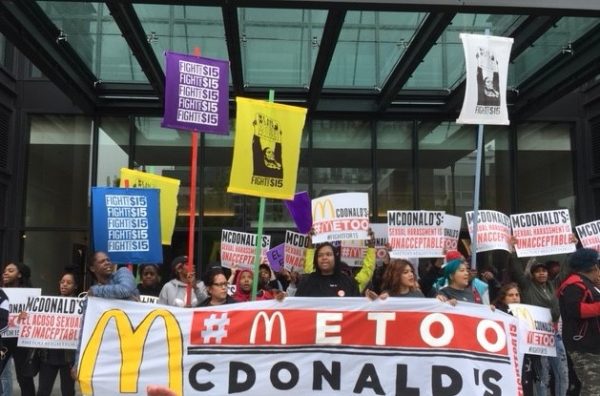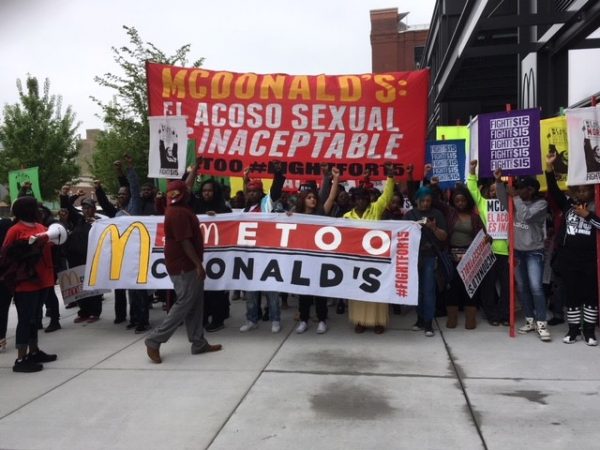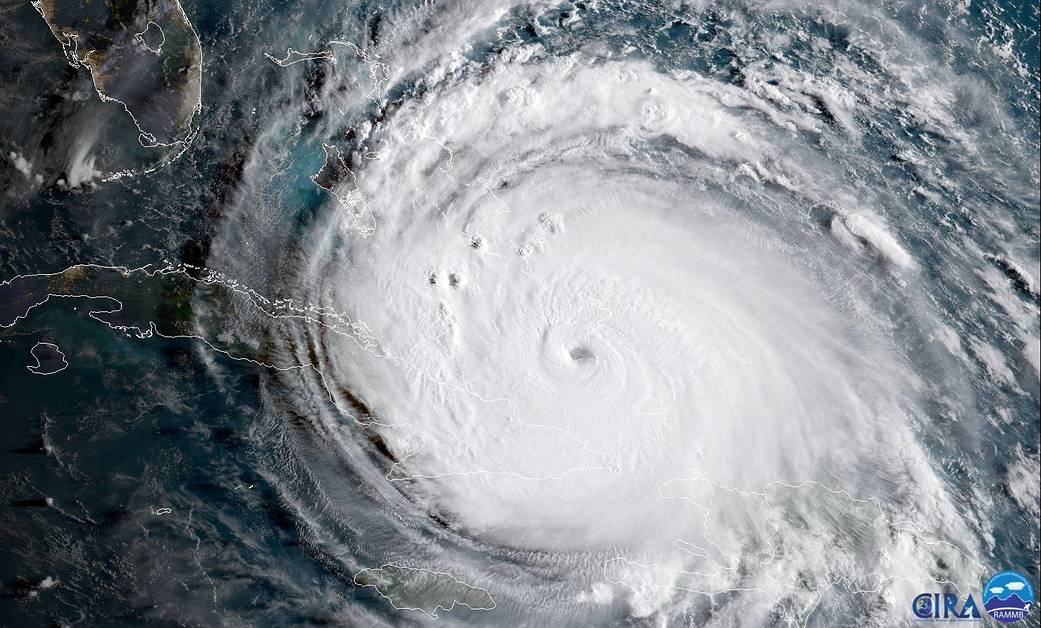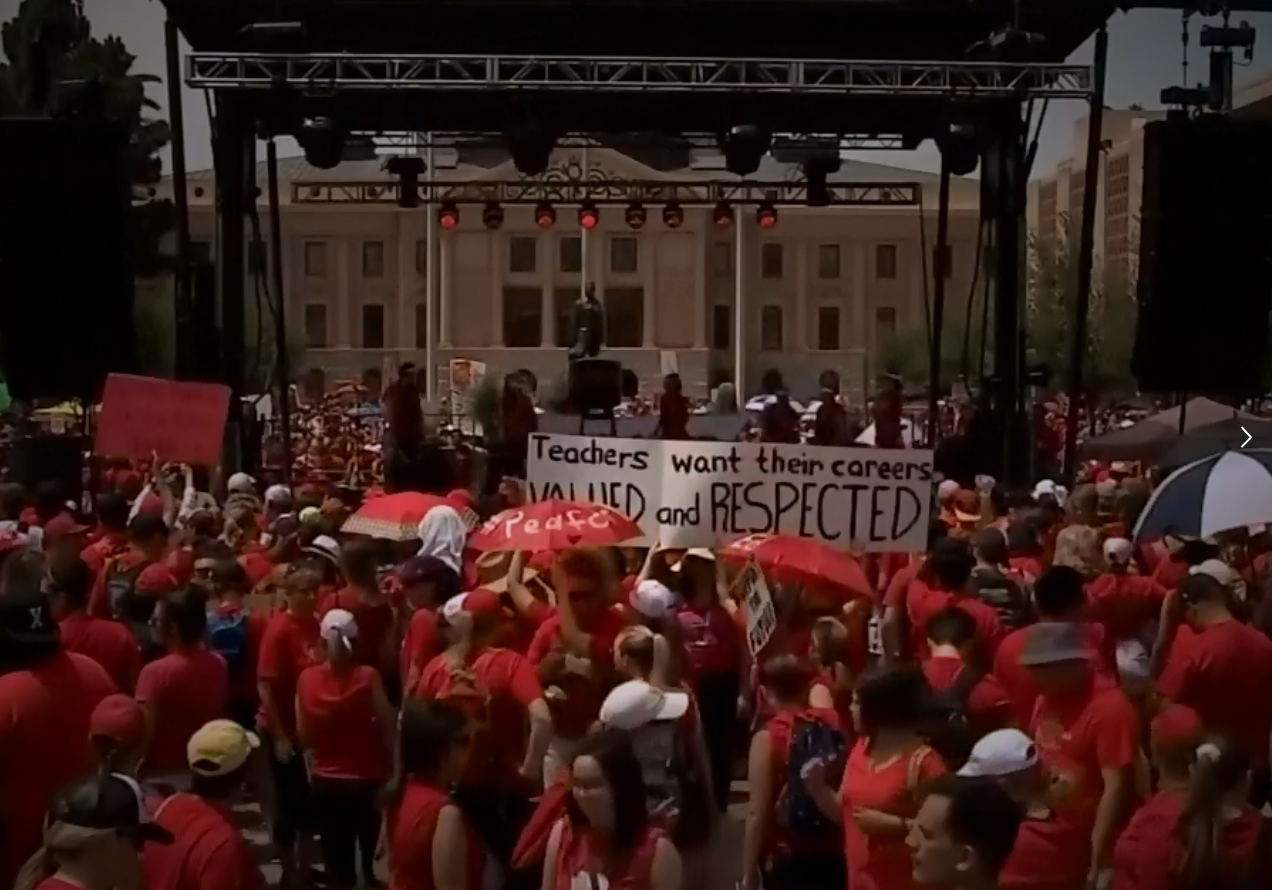Abortion rights, women of color, and LGBTQIA+ people are under attack. Pledge to join us in fighting for gender justice.
McDonald’s Workers Say #MeToo and Lead the First-Ever Nationwide Strike to Protest Workplace Sexual Harassment

In a few weeks, advocates and survivors will observe the one year anniversary of the moment the hashtag #MeToo went viral, reigniting a movement started by Tarana Burke a decade earlier. #MeToo became a rallying cry for millions of survivors of sexual harassment and assault worldwide as they shared their stories on social media. In the months that followed, workers in industries as varied as Hollywood, tech, medicine, and politics, to name a few, have come forward and said #MeToo. These revelations have prompted a national conversation about sexual harassment in the workplace, making clear the power of storytelling and speaking truth to power.
This national reckoning has led to some reforms, but the work and the need for change is far from over. And that’s particularly true for workers out of the limelight, working in low-paid jobs in industries like hospitality, retail and fast food. That’s why today, fast food workers are leading the fight with the first-ever nationwide strike to protest workplace sexual harassment. McDonald’s workers in Chicago, Durham, Kansas City, Los Angeles, Miami, Milwaukee, New Orleans, Orlando, San Francisco, and St. Louis will walk off the job during the lunch rush to protest McDonald’s failure to respond to widespread and persistent sexual harassment on the job.

Workplace sexual harassment is a longstanding issue at McDonald’s. In 2016, worker advocacy group Fight for $15 helped McDonald’s workers subject to workplace sexual harassment file charges with the Equal Employment Opportunity Commission (EEOC). Additionally, the National Women’s Law Center (NWLC) and other women’s rights organizations called on McDonald’s to implement more robust policies around workplace sexual harassment response and prevention.
Because nothing changed, a few months ago, 10 McDonald’s workers again filed sexual harassment charges with the EEOC, this time with the financial support of the Times Up Legal Defense Fund, which is housed at and administered by the National Women’s Law Center Fund LLC.
The stories that came to light in the latest set of EEOC charges against McDonald’s are harrowing. For example, a 15-year-old cashier in St. Louis alleges that an older male employee said to her: “you have a nice body; have you ever had white chocolate inside you?” When she reported it to her manager, she said she was told “you will never win that battle,” and nothing was done to stop the harassment. When a New Orleans worker was groped by a co-worker, the manager allegedly responded by telling the victim to take it to the “next level” with her harasser. When she was later attacked by another co-worker in the restaurant bathroom, she said she did not report the second incident because her first complaint had been ignored.

Sadly, these accounts aren’t unusual. Sexual harassment is rampant in the food service industry. A recent report by NWLC found that the largest share of all sexual harassment charges filed by women at the EEOC between 2012 and 2016 were from workers in the accommodation and food services industries. Many workers describe retaliation and further harassment in response to reporting harassment, giving workers good reasons to fear coming forward. For workers in low-paid jobs, the threat of retaliation – whether in the form of reduced hours or pay, outright firing, or further harassment – is especially effective at silencing victims of harassment. This is because these workers often lack the financial cushion to weather the economic harms that stem from harassment and retaliation. For example, a large majority of women fast-food workers surveyed in 2016 who experienced three or more types of unwanted behaviors at work felt that they had to put up with the harassment because they could not afford to quit their jobs. Moreover, the low wages and emphasis on customer satisfaction that characterize positions in the food services industry render those who hold these jobs especially susceptible to sexual harassment by customers.
President Trump has suggested that one solution to workplace sexual harassment is to have victims simply switch companies or careers. For workers in low-paid jobs, such a suggestion isn’t just insulting, it is impractical, and ignores the fact that employers have a legal responsibility to address sexual harassment.
Workplace sexual harassment is an affront to the basic human dignity of workers and it is illegal under our civil rights laws. Under Title VII of the Civil Rights Act of 1964 and state and local fair employment laws, employers are required to protect their employees from sexual harassment. Employers are automatically responsible when harassment by a supervisor results in a tangible employment action against the victim (such as firing or a pay cut). And employers may also be liable for harassment by a low-level supervisor, coworker, or customer if the employer knew or should have known about the harassment and failed to take immediate and appropriate corrective action.
McDonald’s, and the food service industry as a whole, must not sit by idly as more workers are forced to choose between a paycheck and abuse on the job. Today’s brave strikers are demanding improved policies and procedures for handling complaints of harassment, required harassment training, and the creation of a national committee to address sexual harassment.
Stand with these workers: show your support on social media by using the hashtags #MeTooMcDonalds and #Fightfor15!




